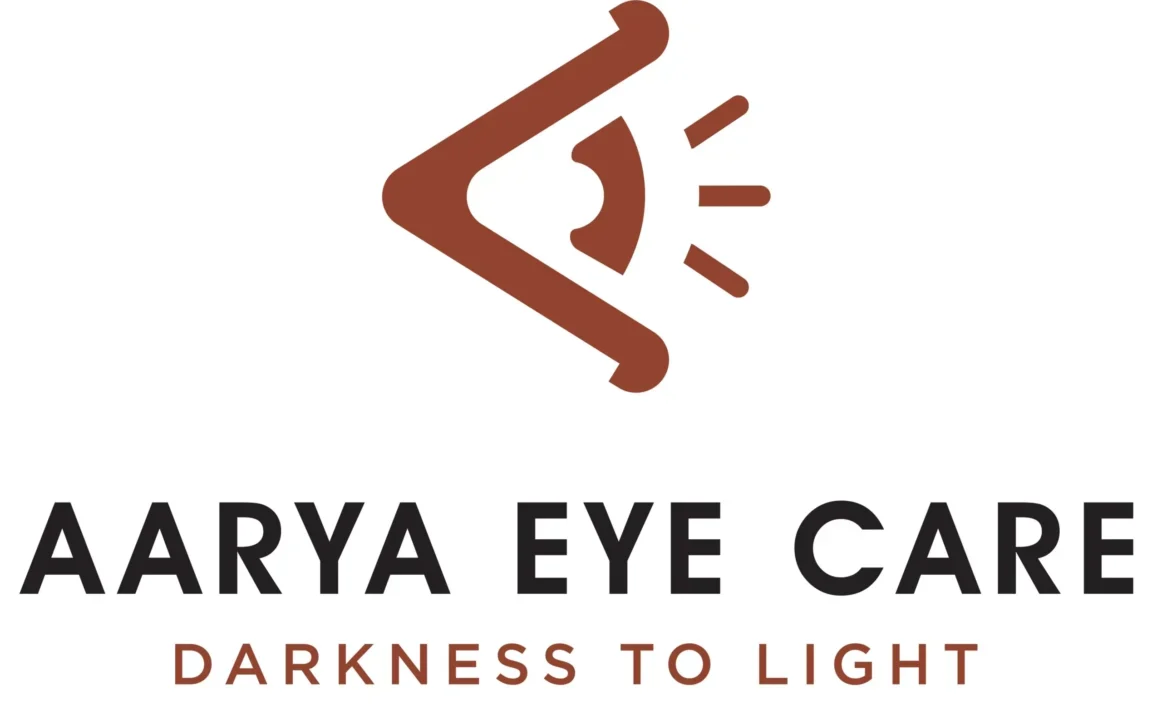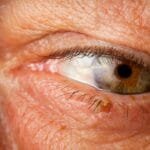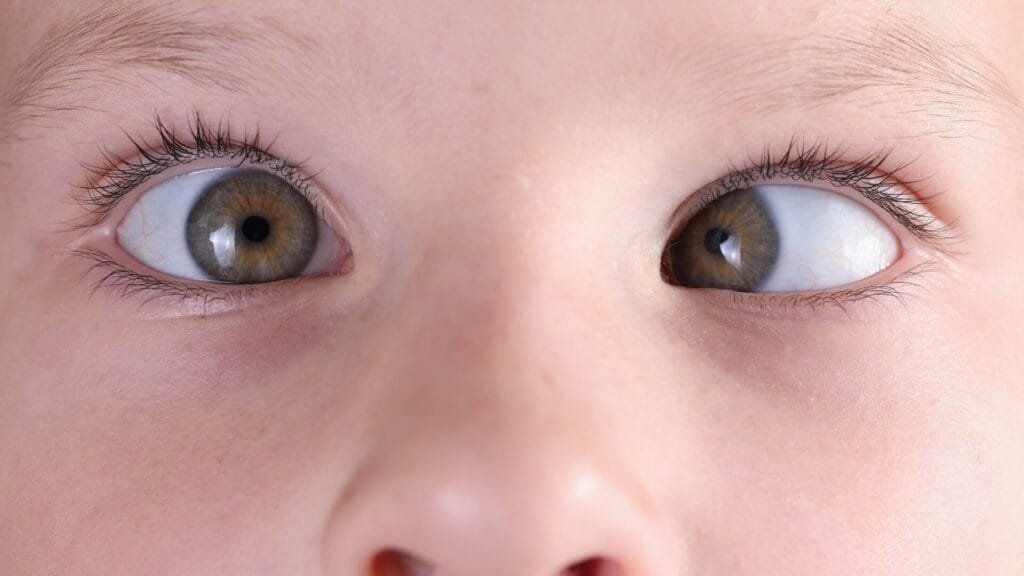Dos and Don’ts after Cataract Surgery: A Simple Recovery Guide
Cataract surgery is one of the most successful eye procedures available today. With advanced techniques and intraocular lens (IOL) implantation, patients experience a remarkable improvement in vision. However, a smooth recovery depends on proper aftercare.
This guide outlines essential dos and don’ts after cataract surgery which helps to ensure optimal healing. At Aarya Eye Care, the best eye hospital in Thrissur, we provide personalized cataract surgery aftercare to support every patient’s journey.
Understanding Cataract Surgery Recovery
The eye starts to heal on its own after the procedure.The cataract surgery recovery time varies between individuals, but most people see progress within 1-2 days.
Here is what happens during recovery:
- The new IOL settles into place.
- Tissues around the eye heal gradually.
- Vision becomes clearer within a few days.
Expert cataract surgery recovery tips significantly help to boost your comfort and results.
Immediate Post-Surgery Phase
The first few hours after cataract surgery are crucial for setting the tone for a smooth recovery. Understanding what to expect during this phase helps patients stay calm and follow post-operative care correctly.
What to Expect in the First Few Hours
Right after surgery, you might experience slight blur in vision, light sensitivity, mild grittiness or itching, and a feeling of tiredness from sedation. These signs are part of normal recovery, and it usually improves within 1-4 weeks.
Why You Need a Bystander After Surgery
It is best to have a trusted person accompany you home. Post-surgery disorientation and reduced depth perception make support essential for safety.
Dos After Cataract Surgery
Following these precautions after cataract surgery ensures better healing and comfort. Each action supports the eye’s natural recovery process and helps maintain the results of your cataract surgery.
Use Prescribed Eye Drops Correctly
The doctor will prescribe antibiotic, steroid, and lubricating eye drops for you. Wash hands before application, and do not touch the dropper tip to avoid contamination. Follow the schedule strictly.
Rest Adequately
Healing accelerates when the body is well rested. Take breaks and avoid screen time initially.
Attend All Follow-Up Appointments
Doctors track your progress and make necessary adjustments during check-ups. These visits are vital for monitoring the intraocular lens (IOL) placement and overall healing.
Maintain Hygiene
Avoid touching your eyes with unwashed hands. Cleanliness minimizes infection risk.
Don’ts After Cataract Surgery
Avoiding some actions after cataract surgery is just as important as following the dos:
Avoid Water, Soap, or Shampoo Entering Eye
Avoid splashing water, shampoo, or soap. Use a wet towel to clean your face. During showers, cover your eyes with a shield.
Do Not Drive Until Approved
Wait until your ophthalmologist gives clearance. Driving restrictions help to take eye rest and make sure that you are safe when driving.
Avoid Strenuous Activities and Exercises
Strenuous activities increase pressure inside the eye. Avoid bending and lifting weights for 2-3 weeks.
Avoid Swimming and Hot Tubs
These places expose your eye to potential contaminants, increasing infection risk.
Do Not Use Eye Makeup
Mascara and liners can irritate healing tissues. Wait at least two weeks before applying any eye cosmetics.
Avoid Dusty or Polluted Environments
Limit exposure to environments like gardens, workshops, or busy roads to prevent irritation.
Avoid Sleeping on the Operated Side
This prevents unintentional pressure on the healing eye.
Activities to Avoid and When They Can Resume
Following proper care and rest ensures fast and speedy recovery.
Activity | Recommended Wait Time |
Driving | After doctor’s advice |
Cooking | After 2 days (light cooking only) |
TV/Screen Use | After 1 Day |
Reading | Resume as vision permits |
Walking/Light Exercise | After 3 days, no heavy exertion |
Swimming | Wait at least 4 weeks |
Eye makeup and hair dying | After 4 weeks |
Diet and Hydration Tips for Faster Healing
Proper nutrition supports your eye’s recovery faster. Include Vitamin C & antioxidants from Oranges, guava, capsicum, and leafy greens, Omega-3s found in fish, flaxseed, and walnuts. Moreover, drink plenty of water to keep the eyes hydrated and flush toxins
Managing Common Recovery Symptoms
After cataract surgery, it is normal to experience some short-term symptoms as your eyes heal. Understanding them can help ease concerns. Here we explain how to handle some of the typical post-op sensations:
Mild Discomfort or Grittiness
A slight gritty or itchy feeling is common and part of the natural healing process. It usually improves within a few days with the use of prescribed lubricating eye drops.
Light Sensitivity
Increased sensitivity to light can happen after surgery. Wearing sunglasses and avoiding direct sunlight helps reduce discomfort.
Floaters or Flashes
Seeing floaters or light flashes occasionally is normal. However, if they persist or are accompanied by dark shadows, consult your doctor immediately.
Possible Postoperative Complications
While most patients heal without issues, consult your doctor if you notice:
Increased redness or swelling, discharge from the eye, sudden vision changes or dark spots, and light flashes or shadowy areas in vision. These may need timely attention to ensure healthy recovery.
Myths vs. Facts about Cataract Surgery Recovery
People are still worried about what to do or not to do after cataract surgery. Understanding these misconceptions helps to separate myths from facts to give confidence and clarity.
Myth | Reality |
You cannot watch TV for weeks | Limited viewing with breaks is fine |
Full recovery takes months | Most heal in 2 weeks |
Cataract can grow back | They don’t, but a secondary cataract may form and is treatable with laser. |
Recovery Timeline: Day-by-Day and Weekly Expectations
The recovery timeline after cataract surgery outlines what patients can expect each day and week, helping them track progress and follow appropriate care routines.
Day 1:
Rest and avoid all strain.
Days 2–3:
You can start doing light activities, and vision begins to clear.
Days 4–7:
Ensure to do follow-up visits, swelling and sensitivity decrease after 4-7 days.
Week 2–4:
Resume the normal routine carefully.
Tips for Faster and Safer Recovery
For faster and safer recovery after the treatment, we need to keep our surroundings clean. You should also avoid crowded or dusty places. Do not forget to take prescribed medications regularly, and if you face any discomfort, share it with your eye specialist.
Frequently Asked Questions
When can I wash my face normally?
After 4–5 days, ensure to use minimal water near the eye. Remember to clean your face with alcohol free eye wipes or clean wet towels.
Can I travel by flight post-surgery?
Yes, after a week unless your doctor advises otherwise.
When can I return to the gym?
Light workouts can resume after 3 weeks; avoid lifting weights initially.
Is itching around the eye normal?
Yes, but don’t rub your eyes, and use lubricating drops if you need them.
Conclusion
Following the dos and don’ts after cataract surgery ensures smoother healing and long-term vision clarity. Every step, from applying eye drops to avoiding exertion, adds up to a successful outcome.
At Aarya Eye Care, we are committed to guiding you every step of the way. As the best eye hospital in Thrissur, our specialists ensure that your cataract surgery recovery is comfortable and effective.
Book your consultation today for expert post-operative guidance.








